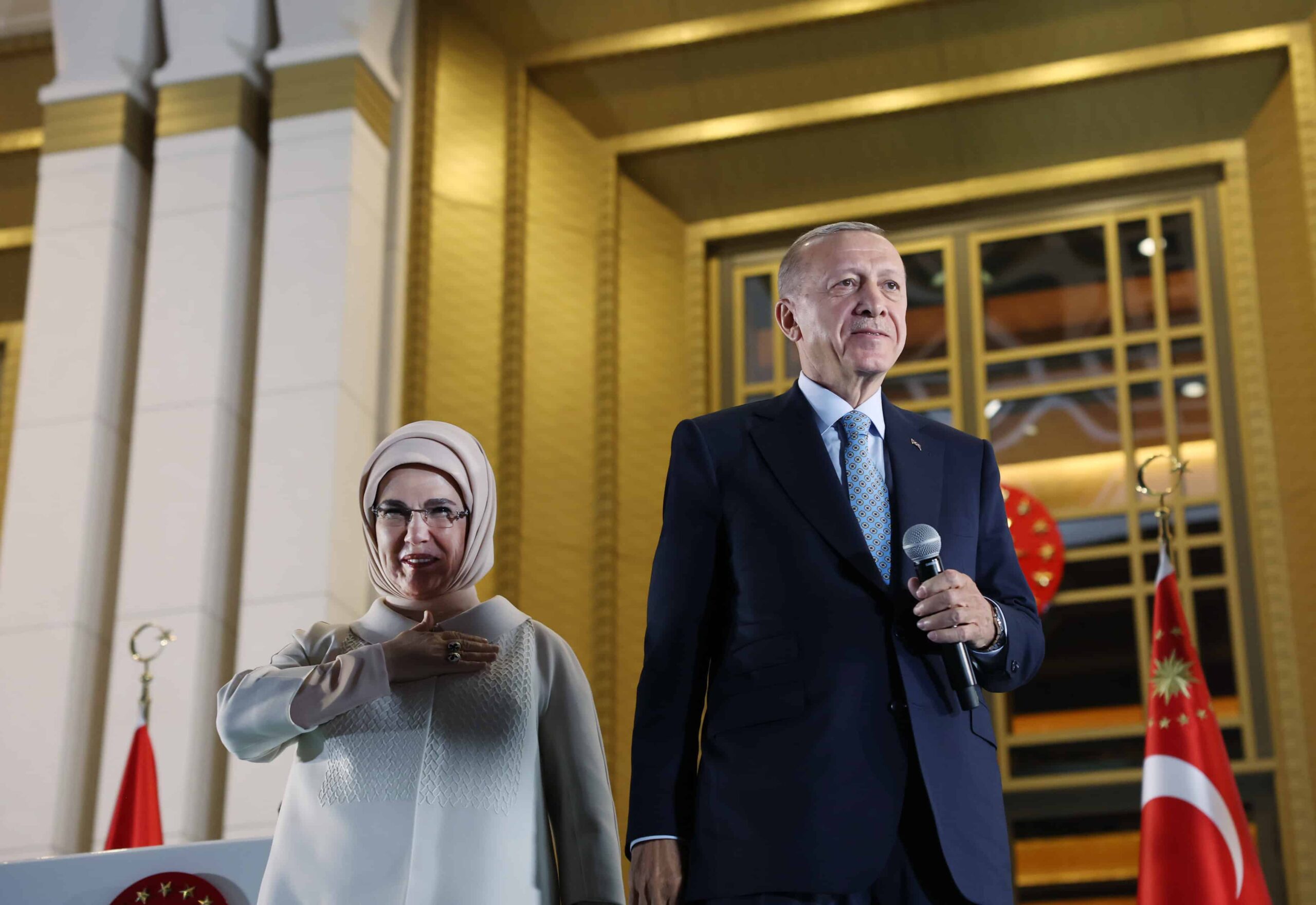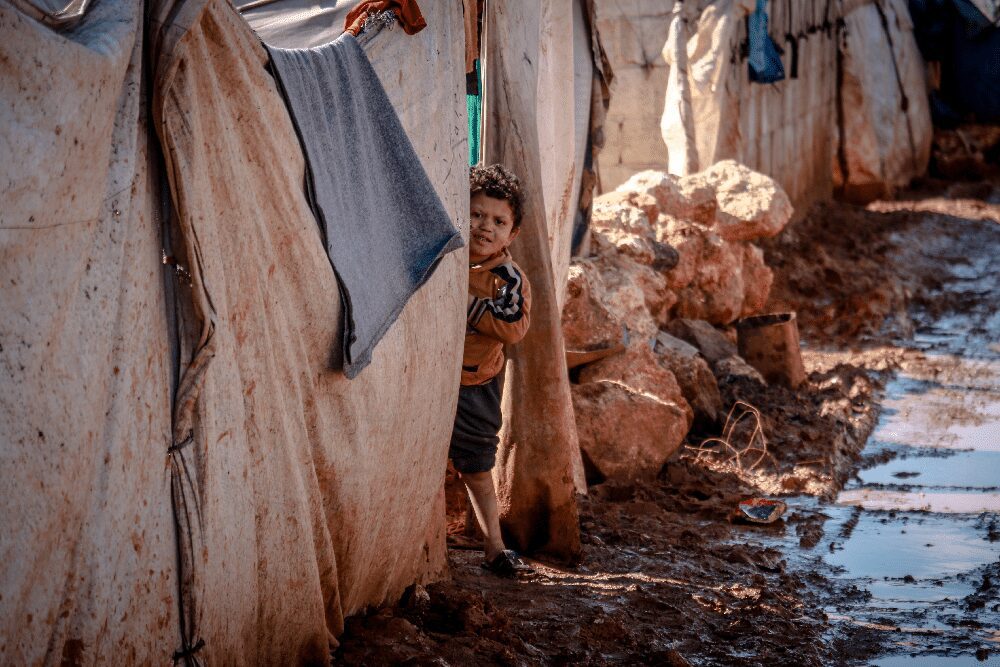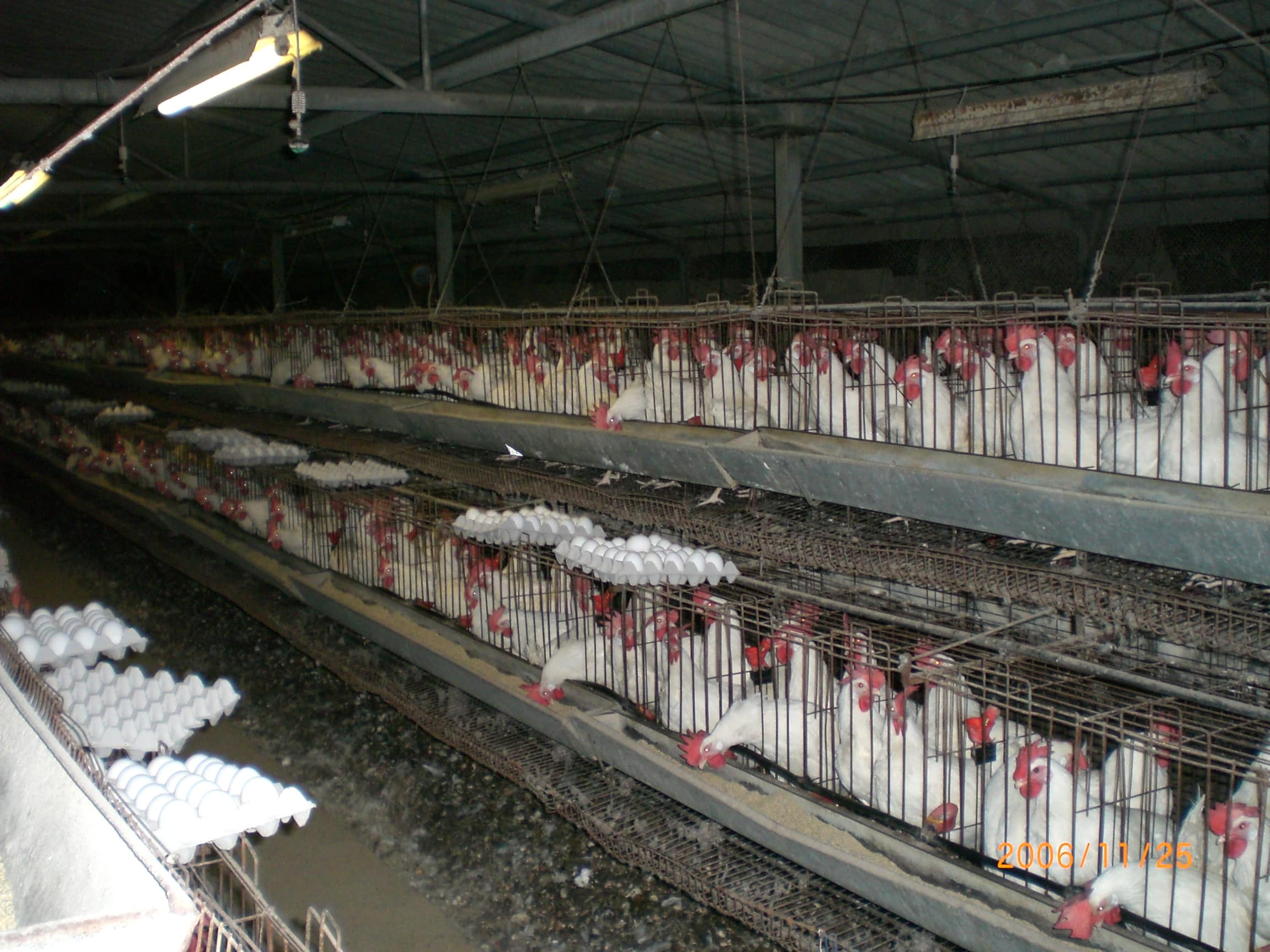“I can’t think of a better way than using food to bring everyone to the table,” said Elroi Yee, an investigative reporter and producer of the Dari Dapur campaign. “We need shared stories that show migrants and refugees have a place in the Malaysian narratives.”
Tales and tastes of Tamil puttu, Cambodia’s nom banh chok, Kachin jungle food shan ju, Yemeni chicken mandy, and Rohingya flatbread ludifida flavour those narratives, telling their stories in Dari Dapur’s videos featuring Malaysian celebrities who sampled culinary history and heritage.
Launched by OHCHR in December 2022, the campaign partnered with untitled kompeni, a Kuala Lumpur-based social impact production team, with a view to putting these delicious stories at the heart of public discourse.
#DariDapur EP2: Chef Wan & Dr Hartini Menziarahi Keluarga Pelarian Pakistan Untuk Makan Tengah Hari
‘Food always brings people to the table’
Through seven short videos, celebrities visited the kitchens of migrant workers and refugees to share a home-cooked meal around the same table, hearing about each other’s lives, hopes and dreams, and learning what they have in common.
“Anytime you cook food and you bring your guests, everyone turns to smile and be happy because food always brings people to the table,” said Chef Wan in an episode with Hameed, who served up a scrumptious Pakistani ayam korma.
“Regardless of which culture, where we come from, everybody will need to eat,” he said.
#DariDapur EP1: Elvi dan Kavin Jay Makan Tengah Hari Di Perladangan Getah
Plantation day trip
Liza, a Cambodian plantation worker, shared more than just a meal with her guests, Malaysian comedian Kavin Jay and food Instagrammer Elvi. During a day trip to visit her on the plantation, Liza showed them how she cooks nom banh chok, a fragrant fermented rice noodle dish.
“To have someone come here to visit me, to see me and to see my friends, I’m so happy,” Liza said.
Exchanging jokes around the table, Mr. Jay said “everyone has a migration story”.
“It doesn’t matter what your race is, if you look back far enough, you will find your migration story,” he said.
Similar exchanges around dinner tables unfolded in other Dari Dapur episodes that starred migrant and refugee chefs with social justice influencer Dr. Hartini Zainudin, hijabi rapper Bunga, educator Samuel Isaiah, Tamil film star Yasmin Nadiah, Chinese-language radio DJ Chrystina, and politician and activist Nurul Izzah Anwar.
#DariDapur EP3: Bunga & Cikgu Samuel Mencuba Sajian Kachin
‘It’s exactly the same!’
From Myanmar to Malaysia, breaking fast was common ground in an episode that brought broadcast journalist Melisa Idris and US Ambassador Brian McFeeters tableside with Ayesha, a Rohingya community trainer.
“I would like to know them, and I am also very happy that I can explain what I am doing and who I am [to them],” Ayesha said, as she prepared an iftar feast for her guests.
Sitting them down at a table laden with traditional dishes along with some of her friends, Ayesha was frank.
“Before this, I’ve never cooked for other communities,” she admitted, ahead of a lively conversation about Eid celebrations.
Ms. Idris and Ayesha’s friend, Rokon, shared similar childhood memories, from her Malaysian village and to his family home in Rakhine, Myanmar.
The way they treated me today, if we could be as gracious a host as a country, it would go such a long way. – journalist Melisa Idris
“It’s exactly the same!” Ms. Idris exclaimed. “Sometimes we focus on the differences and don’t realize we have almost exactly the same traditions.”
Post-feast, she shared gratitude and a revelation.
She said it was clear how “complicit the media has been in othering refugees and migrants, in normalizing the hate, in sowing the division, and targeting an already marginalized community as a scapegoat of our fears during a pandemic.”
“They gave us the best; they gave everything to us,” she said, tearfully. “The way they treated me today, if we could be as gracious a host as a country, it would go such a long way.”
‘Cut through the noise’
To design the campaign, OHCHR commissioned research that revealed a complex relationship between migrants and Malaysians. Findings showed respondents overwhelmingly agreeing that respect for human rights is a sign of a decent society and that everyone deserves equal rights in the country.
Some 63 per cent agreed that their communities are stronger when they support everyone, and more than half believed they should help other people no matter who they are or where they come from. Around 35 per cent of respondents strongly or somewhat strongly believed that people fleeing persecution or war should be welcomed, with an equal number wanting to welcome those who are unable to obtain healthcare, education, food, or decent work.
“Migration is a complicated and often abstract issue for many Malaysians,” said Pia Oberoi, senior advisor on migration in the Asia Pacific region at OHCHR, “but storytelling is a good way to cut through the noise.”
© OHCHR Malaysia/Puah Sze Ning
Migrant worker Suha hosted actress Lisa Surihani at the oil palm estate where she works and where they shared a meal and stories about their lives.
Cow’s feet and camaraderie
“Our research found that people want to hear and see the everyday lives of people on the move, to understand and appreciate that we have more in common than what divides us,” she said, adding that the campaign was built on shared realities and values that personify the words of the Universal Declaration of Human Rights, which turns 75 this year.
With the production of these short films, she said “we hope to inspire Malaysian storytellers to share the narrative space, and for all of us to rethink the way we relate to our migrant and refugee neighbours.”
On a sprawling oil palm estate, actress Lisa Surihani tucked into a meal of kaldu kokot – cow’s feet soup – dished up by her host Suha, an Indonesian plantation worker.
“What I learned was ‘try and not let what you do not know of affect the way you treat other human beings’,” actress Lisa Surihani said in a Dari Dapur episode.
“No matter who it is, our actions should be rooted in kindness,” Ms. Surihani said.
Learn more about the Dari Dapur campaign here.
#DariDapur EP7: Jamuan iftar bersama komuniti Rohingya














